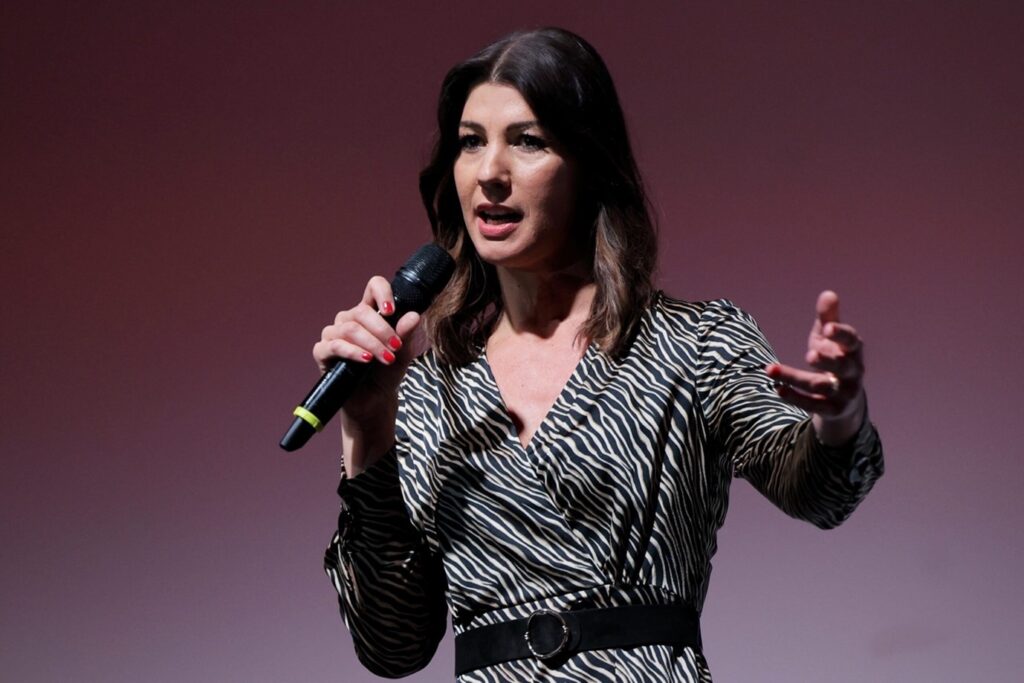“Every accused person has the right to defence before the Hague tribunal, which must be provided to him. The fact that someone has defended somebody else does not in itself disqualify them. Even at the Nuremberg Trials, every defendant had to have a lawyer. However, in the case of a potential minister of justice, this does leave a bad taste,” said the Supreme Court judge Jan Zobec on the possible appointment of Dominika Švarc Pipan as the Minister of Justice. Her potential appointment has caused quite a stir in the Bosnian media because she was allegedly involved in the legal defence of the Serbian war criminal Karadžić.
With the new government led by the new face of the left, Robert Golob, a certain uneasiness related to the future of Slovenian foreign policy is rising. It is worth remembering Golob’s statement that in relations with Croatia, the new government “will not act like the current government,” which caused quite a bit of commotion in Croatia. Diplomacy is not a woodshed, and it requires certain verbal skills, sensitivity, restraint and thoughtfulness, and Golob will certainly not be able to avoid meetings with foreign leaders. With this, there is a fear that he might “speak out of turn.”
The candidate for the position of future minister of foreign affairs, President of the Social Democrats party, Tanja Fajon, who already has some experience with foreign affairs, but is also known for her tense relations with some statesmen in the Western Balkans, is also raising some eyebrows. And we recently witnessed a new complication when we learned that Dominika Švarc Pipan, who is also a member of the Social Democrats, could be taking over the Ministry of Justice. There was an uproar in the Bosnian media outlets, as she was allegedly involved in the defence of the Serbian war criminals in Hague (including Radovan Karadžić). Of course, Slovenia is independent in appointing its statesmen, but on the other hand, the question of the future relations between Slovenia and Bosnia and Herzegovina is also important.
Investigative journalist Bojan Požar also commented on the possible appointment of Dominika Švarc Pipan. “If Dominika Švarc Pipan, who is affectionately called the “heron” on the political scene due to her tall stature and slender figure, will actually become the new Slovenian Minister of Justice, this could have very special side effects – just take a look at the sharp responses from the media in Bosnia and Herzegovina. Dominika Švarc Pipan is known, among other things, for working in a law office that defended the Serbian butchers Radovan Karadžić and Momčilo Kraišnik before the Hague tribunal for war criminals from the former Yugoslavia.”
The case in question leaves a bad taste in one’s mouth
We also asked Supreme Court Judge Jan Zobec for a comment. “I find it difficult to comment on her appropriateness for the position of Minister of Justice because I do not know her personally, nor do I know her work. If she was on the team of lawyers that defended Karadžić – that is not something that should automatically disqualify a lawyer. Every accused person has the right to defence before the Hague tribunal, which must be provided to him.” The fact that someone has defended somebody else does not in itself disqualify them. Even at the Nuremberg Trials, every defendant had to have a lawyer. Therefore, the fact that somebody defended someone else should not automatically disqualify them.
If a person who was accused of something serious would be left without a lawyer, it would mean that he or she is left to their own devices. That would be unacceptable. Namely, if we generalise such disqualifications, then no one would want to defend such people, and they would be left without defence. However, the right to defence is a fundamental civilisational guarantee of a fair trial. In this sense, it seems dangerous that defending someone could be a reason for disqualification. “However, in the case of a potential minister of justice, this does leave a bad taste in one’s mouth. But nevertheless, this does not seem to be such a big burden to me. In fact, I find it very difficult to make a clear decision in this case.”
Domen Mezeg


